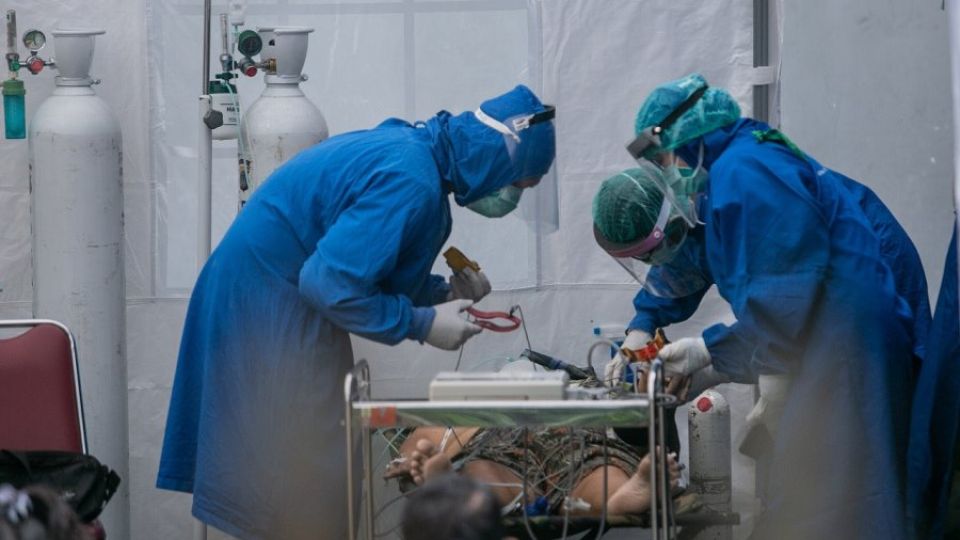August 22, 2023
JAKARTA – The Health Ministry plans to form an independent body authorized to investigate claims of medical malpractice in an effort to better protect health professionals from criminalization.
The ministry’s health law expert staffer Sundoyo said in future, law enforcement officers must first consult the independent malpractice board on receiving any reports of alleged medical malpractice from members of the public.
“The police cannot investigate the case immediately, they need to report the case to the independent board first,” he said in a statement on Sunday. “The board will then investigate the report and determine whether the case can be prosecuted as a crime.”
The Omnibus Law on Health passed last month also stipulates that alleged victims of medical malpractice must first obtain a letter from the independent body referring their claim for processing at a civil court.
Sundoyo said the new mechanism aimed to reduce the risk of criminalization of medical or human errors by health professionals, especially during a state of emergency.
“During an emergency, sometimes medical professionals carry out treatments that deviate from standard practice or procedures in [medicine] in order to save lives. We need to be able to provide legal protections for them during this [kind of] situation,” he said.
Aside from malpractice claims, the independent board would also be tasked with investigating ethics and disciplinary violations involving health workers in line with the new Health Law, a role previously filled by the Indonesian Medical Disciplinary Board (MKDKI).
Better protection
Earlier, Health Ministry spokesperson Mohammad Syahril said the new Health Law aimed to provide better legal protection for doctors and other professionals in the medical field.
The law encourages settling out of court to resolve disputes between patients and medical professionals. It also allows health workers to deny treatment to abusive patients and in cases where patients’ requested treatments are in violation of either the law or medical ethics.
Health workers are also entitled to a safe and healthy working environment and to be protected from being attacked while doing their jobs.
The new law also exempts medical professionals from lawsuits against treatments they provided during an emergency or disaster.
It also upholds several key provisions in previous laws that aim to protect health professionals from criminal and civil liabilities in certain cases. This includes provisions that legalize abortion for victims of sexual violence and the ones that make hospital fully responsible for all losses due to medical negligence.
Patients more vulnerable
Although the new Health Law is arguably better at protecting doctors against legal problems, its critics have raised concerns that the new law might leave patients more vulnerable in terms of medical malpractice.
Under the provisions of the now-scrapped 2004 law on medical practice, patients could either sue medical practitioners for alleged malpractice or file a criminal complaint against them with the police without the need to provide a letter recommending pursuit of a malpractice claim.
Doctors found guilty of medical malpractice could also face criminal charges and be liable to pay compensation to a patient, in addition to disciplinary sanctions from the MKDKI.
Law experts have pointed out that unlike previous laws, the new Health Law offers no clear definition of what constitute an out-of-court settlement, potentially creating legal uncertainty both for patients and health professionals.
They also raised concerns over the potential for conflicts of interest within the MKDKI, which was comprised mostly of health professionals and therefore had a tendency to decide in their favor.
The ministry’s expert Sundoyo, however, made assurances that the members of the planned independent malpractice board would consist of both health professionals as well as “public stakeholders” to maintain impartiality.
The ministry is currently drafting a regulation on the malpractice board.


